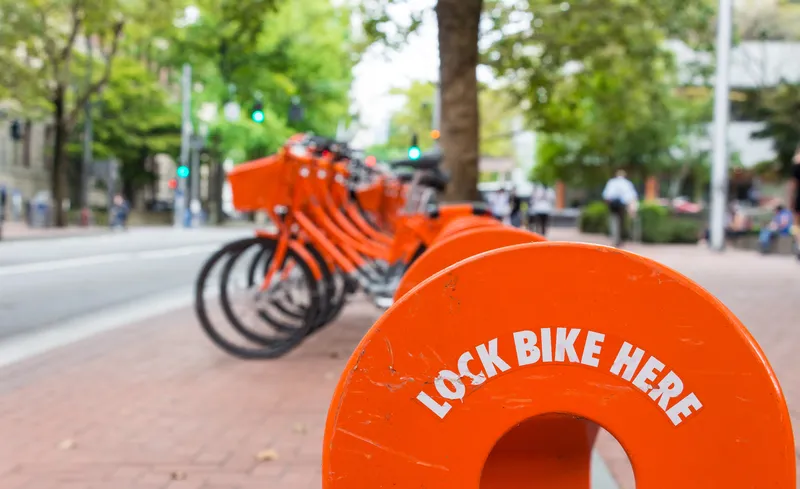The idea is that vehicles would then be charged according to their actual road use and the pollution they generate.
The ‘user pays’ principle is widely seen as fairer but it has been considered politically difficult to adopt in some cases. The aim of the new rules is also to help meet transport emission reduction targets.
EU countries would need to set different road charging rates based on CO2 emissions, as part of a move to encourage the wider use of environmentally-friendly vehicles.
The new, draft rules would also allow countries to introduce discounts – for example, for light vehicles which frequently use areas on the edges of urban areas.
French socialist MEP Christine Revault d’Allonnes Bonnefoy called it “an ambitious report to achieve the objective of the White Paper on European Transport to move towards the full application of ‘user pays’ and ‘polluter pays’ principles on the European road transport network”.
It was a “turning point for the European transport policy to better tackle CO2 emissions and air pollution from the road transport sector”, she added.
The European Parliament will now negotiate with the European Council on the final wording.
EU draft on road pricing adopts ‘user pays’ principle
Draft rules have been adopted by European policy makers which would bring the idea of widescale ‘user pays’ road pricing one step closer.
European Union member states which currently use time-based road user charges will need to switch to distance-based ones for trucks and buses (over 2.4 tonnes) from 2023, and vans and minibuses from 2027, if the rules are made into law.
The idea is that vehicles would then be charged according to their actual road use and the pollution they generate.
The ‘user
October 31, 2018
Read time: 2 mins
Draft rules have been adopted by European policy makers which would bring the idea of widescale ‘user pays’ road pricing one step closer.
Related Content












